TOPPENISH — Erica Solis, a 24-year-old mother of three from Mabton, was among 55 students celebrating a big milestone last week: She earned her GED through a program at Heritage University.
“It means a lot, I’m embracing it. My education has always meant so much to me,” she said. “I feel like I’m accomplishing something and I feel really successful.”
Solis received her degree Friday through the High School Equivalency Program at Heritage University’s Toppenish campus.
Solis left high school to focus on raising her children. The flexibility and support she found at Heritage helped her succeed.
Nia Peters and her husband work the graveyard shift at Legends Casino. She would leave work at 4 a.m., take a nap and then come into Heritage on Tuesdays and Thursdays to take a math class. She praised the one-on-one attention she found.
“I really liked it. They were really hands-on with helping me,” Peters said. “It was a little rough coming here on four hours of sleep, but I’m glad I stuck with it.”
Heritage University’s HEP has been in operation for more than 20 years and is solely for migrant workers and their families. The program is entirely free and serves roughly 100 students each year.

Scenes from the graduation ceremony for the High School Equivalency Program at Heritage University in Toppenish, Wash. Friday, June 24, 2022.
GED programs are an important service. In Yakima County, 26% of adults do not have a high school degree or equivalency, according to the 2020 U.S. Census. That’s more than twice the national rate — 11.6% of Americans have not graduated from high school or attained some form of high school equivalency.
HEP students have two years to study and earn their GED. They can take classes in Toppenish, Granger or Prescott. A new location will open in Sunnyside in August.
To qualify, a student’s family member must have worked in agriculture or with food for 75 days in the last two years. Families that practice subsistence agriculture may also qualify. Those requirements are from the Office of Migrant Education, which funds the HEP with five-year grants.
A qualifying family member is an immediate family member — a parent, sibling or spouse — who lives in the same household as the student. For example, Solis’ spouse works in agriculture. Peters has worked seasonally as a fruit picker. Program Director Jennifer Renteria, who is a graduate of the program, said that work status is checked using pay stubs or W-2 forms.
Renteria and her staff work to meet students where they are by creating an individual education plan for each student. If students qualify, they take predictor exams which are used to determine how students should study and where to apply their attention.
“They set up a plan, which is when they’re taking their exams, if they’re ready and if they need to schedule the official exams,” Renteria said. “Every student is different, that’s why we set up the individual education plan.”
Some students only require a few classes to get what they need. Peters only needed one math course. Solis worked with a program coordinator to study on her own.
“I always did better working independently,” said Solis. “They provided the tools I needed — the language arts book, the mathematics book — it was really quick for me.”
The program provides academic and professional resources. Throughout the year, various universities and schools are invited to present their programs to students. Staff, including a specialized retention and job coordinator, help students apply for college, technical schools or jobs.
Renteria is proud of the 55 students who graduated, though she said the pandemic lowered the graduation rate. Typically, between 75 and 85 HEP students receive their GED each year.
“I know that this program works for our community,” Renteria said. “Many people say that a GED is a second opportunity and I always say that it’s not a second opportunity, it’s actually a first opportunity.”

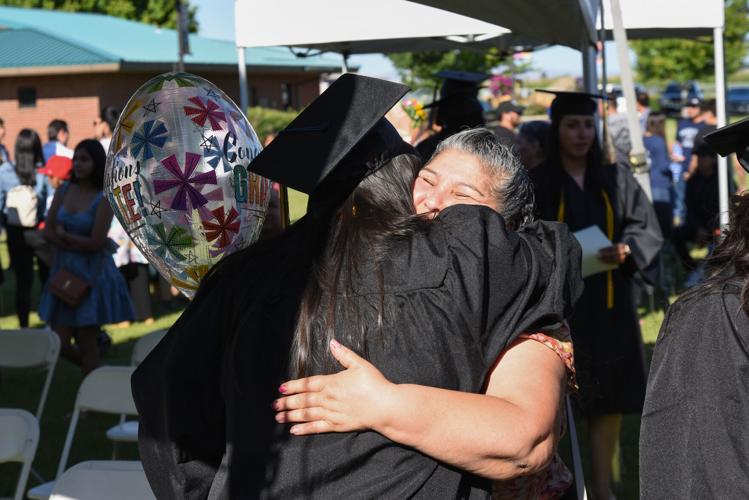
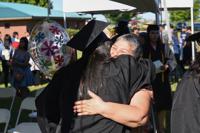

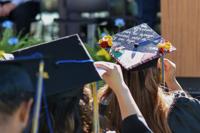

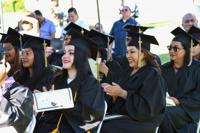

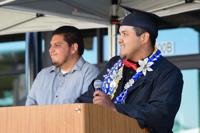

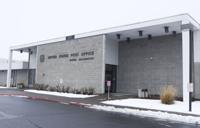




(0) comments
Comments are now closed on this article.
Comments can only be made on article within the first 3 days of publication.